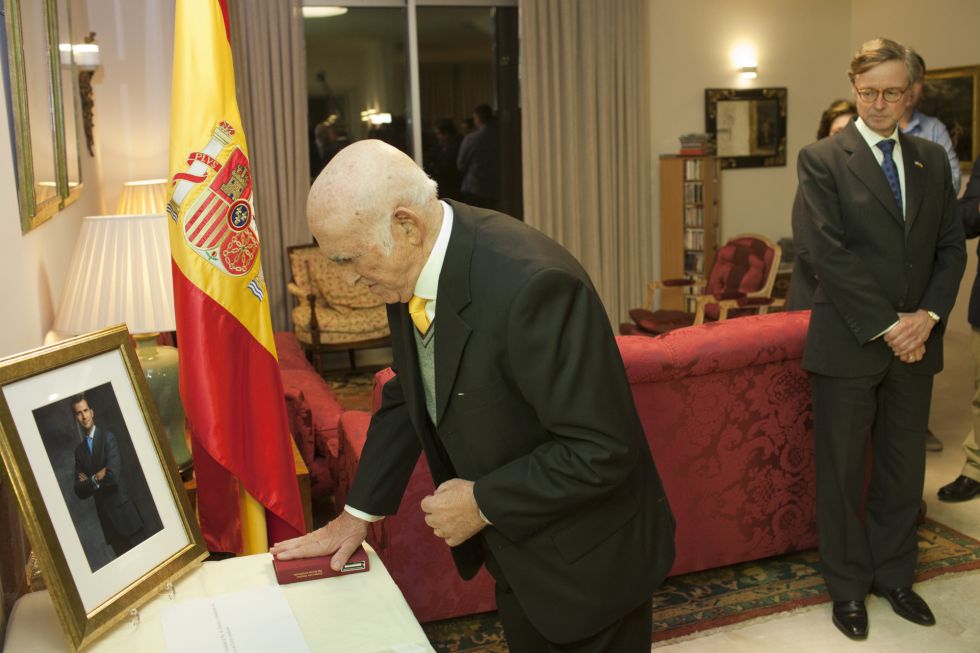
Nations have an interest in preserving peace, Gnon said. “You know that in all media, whether it be written, audiovisual or internet, there are manipulators who enter the game.” “You have to remember the context of our African countries with a nervousness of the ability to manipulate crowds,” he said. False or incendiary articles can quickly plunge a country into chaos. He pointed out that many African countries have fragile institutions and try to preserve fragile peace. There are now nearly 125 million Facebook users on the continent, according to .īasile Gnon, president of BCCA Networks & Technologies, said this phenomenon of shutting down the internet is not simply about state control. each day, CNN reported.Īlthough Africa still has the lowest internet use in the world - 28 percent compared to nearly 50 percent worldwide - that figure is rising rapidly. Gabon shut down the internet for four full days and, once it was restored, instituted a “curfew” with users unable to access it between 6 p.m. “But officially the government still hasn’t said anything on the blockage.” “According to this blockage is intended to prevent opposition members from using the internet as a means of mobilizing,” Dabany said. The internet has remained unreliable since that time. Jean-Rovys Dabany, a VOA Afrique correspondent in Libreville, said that internet speed in the capital became suspiciously slow as protesters violently confronted security forces and set fire to the parliament building on August 31.

The government also may have restricted access to social media tools including Facebook, YouTube and WhatsApp, although there is no official government statement on that. Many people took to the streets to voice dissatisfaction and security forces arrested more than 1,000 people. In Gabon, tensions were high following the announcement in late August that incumbent President Ali Bongo had won a narrow electoral victory over challenger Jean Ping. “Is security more important than democracy? Do you place it above democracy? And who decides that the fact that young people use social networks threatens security in the country? These are the big questions to which I don’t have an answer.” “In the African context, where do you separate democracy and security?” asked Kamissa Camara, a West and Central Africa political analyst at the National Endowment for Democracy, in an interview with VOA Afrique. The organization Access Now, an advocacy group studying global digital risks, reported that there have been 40 widespread Internet disruptions in 25 countries this year alone. Right now, many countries simply opt for an information blackout when faced with unrest. Observers say that as internet access becomes a necessity in the lives of many people, a dialogue is needed on how to balance security and openness. Gabon is the latest country to employ internet censorship during a closely contested election, but other countries, including Uganda, Burundi, Ethiopia, Chad, Mali, Zimbabwe and the Republic of Congo have used the tactic this year, either during elections or in response to protests.

It’s becoming commonplace in many African nations: as an election approaches, the internet goes dark.


 0 kommentar(er)
0 kommentar(er)
